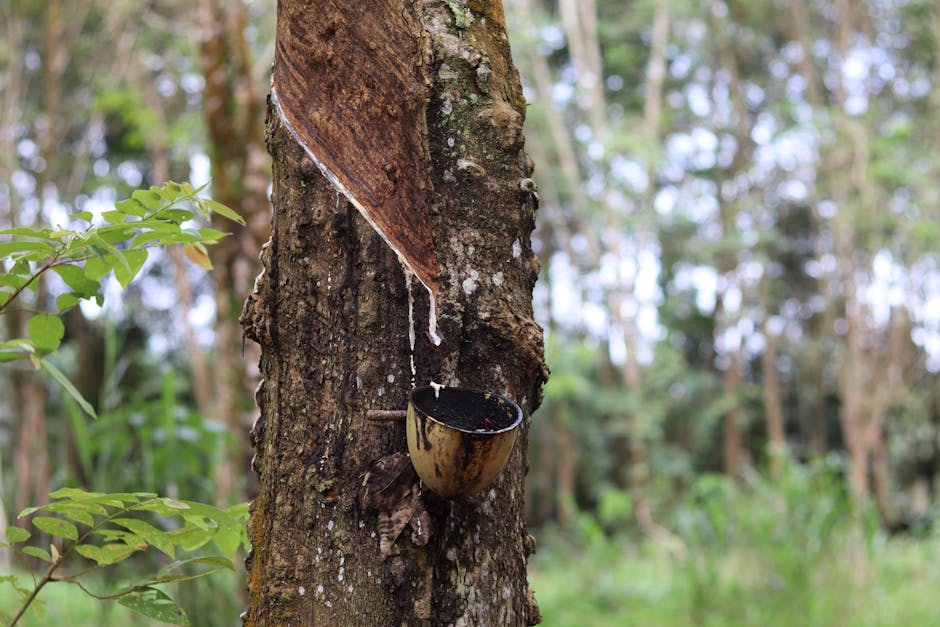Modern society hinges upon agricultural practices. Food production, a cornerstone of human existence, has an undeniable and multifaceted impact on the environment, both positive and negative. Understanding this intricate relationship is crucial for forging sustainable pathways toward a healthier planet. This essay delves into the profound repercussions of agriculture, examining its effects on air, water, land, biodiversity, and climate.
A significant environmental concern stemming from agricultural activities is pollution. Intensive farming methods, often reliant on synthetic fertilizers and pesticides, release harmful chemicals into the surrounding environment. Excess nitrogen and phosphorus from fertilizers contribute to eutrophication, a process that depletes oxygen in water bodies, harming aquatic life. Pesticide runoff contaminates groundwater sources, impacting human health and disrupting delicate ecosystems. Moreover, the machinery employed in large-scale agriculture, powered predominantly by fossil fuels, generates greenhouse gases, exacerbating global warming and contributing to air pollution. The combustion of fuel used for farm equipment and transportation linked to agricultural supply chains contributes to the broader air pollution problem.
Beyond the direct pollutants, agricultural practices influence soil health and land use. Deforestation for agricultural expansion has devastating consequences on biodiversity and carbon sequestration. Trees absorb atmospheric carbon dioxide, playing a vital role in mitigating climate change. Their removal for farmland contributes to deforestation, thus reducing the planet’s capacity to absorb carbon and increasing greenhouse gases in the atmosphere. Soil erosion, resulting from improper land management techniques, leads to reduced soil fertility and sedimentation in water bodies. These detrimental impacts compromise the long-term productivity of the land, diminishing its ability to support future agricultural activities.
Agricultural practices significantly affect biodiversity. Monoculture farming, the cultivation of a single crop over vast areas, reduces habitat diversity, threatening numerous plant and animal species that depend on diverse ecosystems. The use of pesticides and herbicides often kills beneficial insects and pollinators, disrupting natural food webs. Conversion of natural habitats into farmland fragments existing ecosystems, reducing the populations of many animals. This loss of biodiversity has cascading effects on ecosystem services such as pollination, pest control, and water purification.
The sheer scale of agricultural production puts substantial pressure on water resources. Irrigation for crops often necessitates extracting water from rivers and groundwater reserves at unsustainable rates. This depletion can lead to water scarcity in arid and semi-arid regions, impacting both human populations and ecosystems. Water runoff from agricultural land can carry pollutants and sediments, further degrading water quality.
Agricultural systems, particularly intensive ones, contribute significantly to greenhouse gas emissions. Cattle farming, for instance, is a major source of methane, a potent greenhouse gas. Rice cultivation and the use of certain fertilizers also release nitrous oxide, another harmful greenhouse gas. The release of these gases directly contributes to global warming and climate change, potentially leading to more extreme weather events and disruptions to agricultural systems themselves.
Looking toward solutions, sustainable agricultural practices offer a pathway toward mitigating these environmental impacts. Organic farming, which eschews synthetic inputs, promotes soil health and biodiversity. Precision agriculture, utilizing technology to optimize resource use, minimizes waste and pollution. Water-efficient irrigation techniques reduce water consumption, ensuring the sustainability of water resources. Agroforestry, combining agriculture and forestry, restores habitats and sequesters carbon. These sustainable practices are not just environmentally beneficial; they also contribute to economic resilience and food security. Farmers implementing these strategies are not only contributing to environmental sustainability, but also fostering economic and social well-being.
Finally, consumer choices play a pivotal role. Support for sustainable and locally sourced food, reducing food waste, and advocating for environmentally responsible agricultural practices are crucial actions that resonate across the globe. Shifting towards a more plant-based diet, for example, can reduce the environmental footprint of the food system. Understanding and appreciating the environmental ramifications of our food choices is critical to driving meaningful change.
In conclusion, the impact of agriculture on the environment is profound and multifaceted. While food production is essential, the current practices often contribute to pollution, biodiversity loss, soil degradation, and climate change. The transition to sustainable agricultural practices is not only vital for environmental health but also economically viable and crucial for the long-term security of our food supply. By implementing sustainable practices, supporting responsible farming, and making conscious dietary choices, we can work towards a future where agriculture thrives in harmony with the environment. A future where our actions cultivate a sustainable planet for generations to come.












